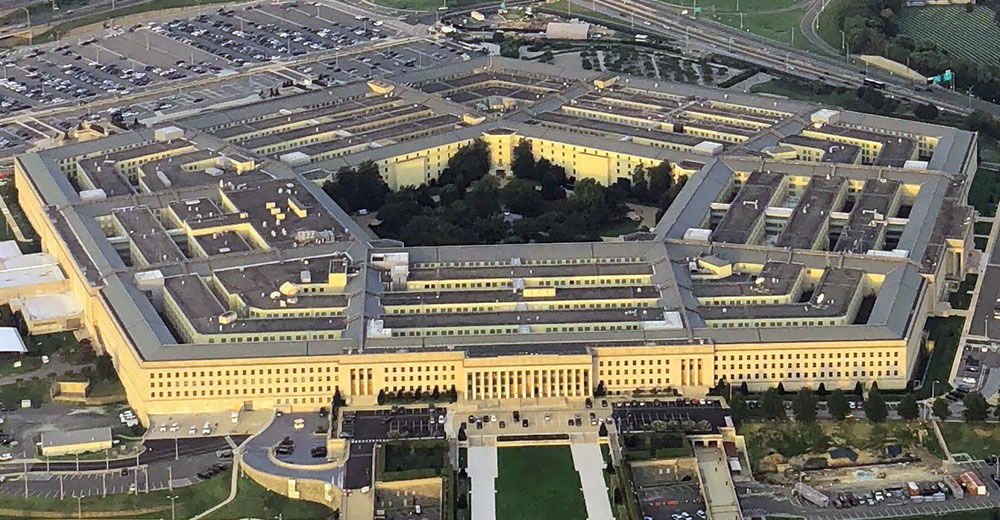Pentagon Enhances Cybersecurity Amidst Supply Chain Concerns
The Pentagon has announced a comprehensive upgrade to its cybersecurity infrastructure, prioritizing supply chain security and leveraging advanced AI solutions to counter evolving digital threats.

The U.S. Department of Defense is launching a sweeping initiative to bolster cybersecurity across its vast supply chain, responding to mounting concerns about vulnerabilities in defense procurement and critical infrastructure.
AI-Powered Defense and Industry Partnerships
Central to the Pentagon's new approach is the adoption of cutting-edge artificial intelligence platforms, such as Rackspace Technology's RAISE engine, which combines human expertise with machine learning to detect and neutralize threats that conventional tools often miss. RAISE generates context-rich alerts and recommended responses, enabling defense agencies and contractors to act swiftly and decisively. The system's adaptive capabilities, which improve with each incident, are now integrated into 24/7 cyber defense operations, providing continuous, real-time protection for public, private, and hybrid cloud environments. Rackspace's collaboration with South Carolina-based SMPL-C further aims to streamline cybersecurity compliance and evidence tracking for government agencies.
Strategic Leadership and Policy Shifts
Secretary of Defense Pete Hegseth has made cybersecurity modernization a pillar of his tenure, directing the Pentagon to accelerate software acquisition and prioritize frontline digital defenses over administrative overhead. Hegseth's reforms include restructuring the Office of Net Assessment and reallocating budget resources toward technological innovation. Under his leadership, major defense contractors have secured contracts for advanced cybersecurity solutions, reflecting a broader shift toward integrating cyber resilience into all aspects of military readiness. Hegseth has publicly called for "hard power" deterrence, emphasizing that robust cyber capabilities are as vital as traditional weaponry in deterring adversaries and safeguarding national security.
Addressing Supply Chain Vulnerabilities
The Pentagon's renewed focus on supply chain security comes amid growing awareness of the risks posed by globalized procurement and the increasing sophistication of cyberattacks targeting defense contractors and subcontractors. Recent incidents have highlighted how adversaries exploit software vulnerabilities and third-party access to infiltrate critical systems. The Department of Defense is now working closely with private industry to implement end-to-end threat detection, automate compliance processes, and ensure that every link in the supply chain meets stringent cybersecurity standards. These measures are designed not only to protect sensitive data and military technology but also to maintain the trust of allied nations relying on U.S. defense exports.
While Pentagon officials have touted these upgrades as essential for national security, independent analysts caution that success will depend on sustained investment, transparent oversight, and ongoing collaboration with both domestic and international partners. Critics warn that overreliance on proprietary AI solutions could introduce new risks, underscoring the need for open standards and rigorous testing. Nevertheless, the Pentagon's latest cybersecurity push is widely seen as a necessary and overdue response to the rapidly evolving landscape of digital warfare.